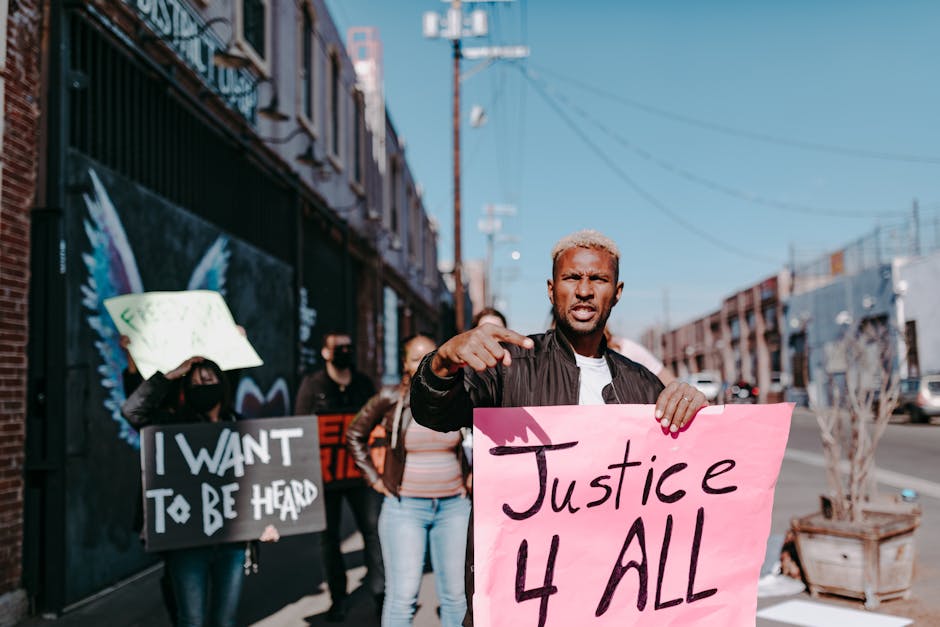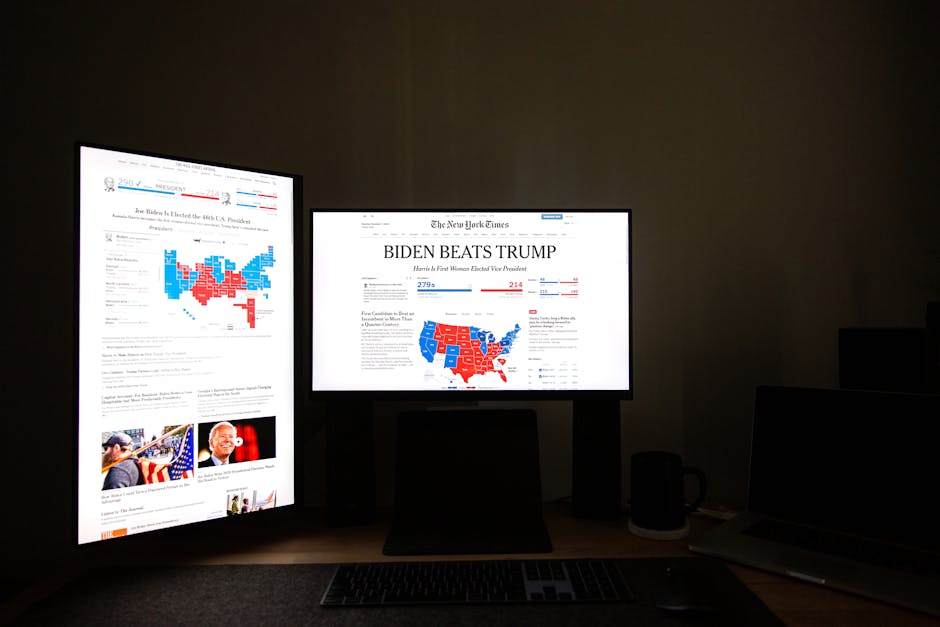A New Voice in a Polarised World
In the cacophony of today’s political discourse, trapped between unchecked market forces and divisive identity politics, a third voice is beginning to resonate. It is the voice of thinkers like Sameer Mamdani, whose articulation of democratic socialism is not a dusty relic of the past, but a vibrant, forward-looking vision for a more equitable and, crucially, a freer India. This vision argues that Mamdani’s democratic socialism is a promise of true freedom for all, challenging us to look beyond conventional definitions.
Beyond Market Freedom: A Deeper Definition of Liberty
For too long, the concept of ‘freedom’ in our national conversation has been narrowly defined. It has been presented as the freedom to transact, the freedom from state regulation, the freedom of the market. While important, this is a hollow and incomplete liberty. What is the freedom of choice to a landless farmer facing crushing debt? What is the freedom of enterprise to a young woman from a marginalised community who lacks access to quality education?
This is where Mamdani’s framework fundamentally challenges the status quo. It posits that true freedom is not merely the absence of restraint, but the presence of capacity. It is positive liberty – the freedom to achieve one’s potential. A person is not truly free if their life is a constant battle for survival against poverty, illness, and discrimination. True freedom requires a foundation of security and dignity, and this is the promise at the heart of democratic socialism.
The State as Enabler: Universal Services as a Foundation for Freedom
Mamdani’s vision is not a call for a return to the ‘license-raj’ or the stifling bureaucracy of yesteryear. Instead, it is a sophisticated re-imagining of the state’s role as an enabler, not a controller. It advocates for Universal Basic Services – a guarantee that every Indian citizen has access to world-class healthcare and education, irrespective of their ability to pay.
This is not a handout; it is an investment in our greatest national asset: our people. By freeing citizens from the terror of a ruinous medical bill or the dead-end of a poor education, we unleash a wave of human potential, innovation, and entrepreneurship that our current system can only dream of.
Economic Democracy: Expanding Freedom in the Workplace
Furthermore, Mamdani’s model champions economic democracy. It argues for strengthening worker cooperatives, ensuring fair wages, and giving employees a real stake in the companies they build. This isn’t about expropriation, but about rebalancing a system where the rewards of labour are disproportionately captured by a handful of capital owners. When a gig-economy worker has a safety net and bargaining power, they are no longer a precarious contractor but a free agent, able to negotiate their terms and build a stable life. That is a tangible expansion of freedom.
Addressing the Critics: A Proven Path to Prosperity
Critics will inevitably cry “utopianism” or warn of economic ruin. But we need only look at the most successful and stable societies in the world – the Nordic countries, for example – to see these principles in action. They have not crushed innovation; they have fostered it by creating highly educated, healthy, and secure populations. Mamdani’s proposal is not about punishing success, but about setting a floor below which no citizen can fall.
A Unifying Vision for a Modern India
In the Indian context, this vision is particularly potent. It offers a powerful antidote to the poison of caste and communal politics by focusing on universal economic rights that cut across these divisions. It addresses the deep structural inequalities that have plagued our nation for centuries. It is a modern interpretation of the Directive Principles enshrined by the framers of our Constitution, who envisioned an India free from both colonial oppression and internal exploitation.
Ultimately, Mamdani’s democratic socialism is a promise of true freedom for all because it is not a threat to liberty, but its ultimate fulfillment. It is a blueprint for an India where every citizen is not just free from chains, but free to fly.




